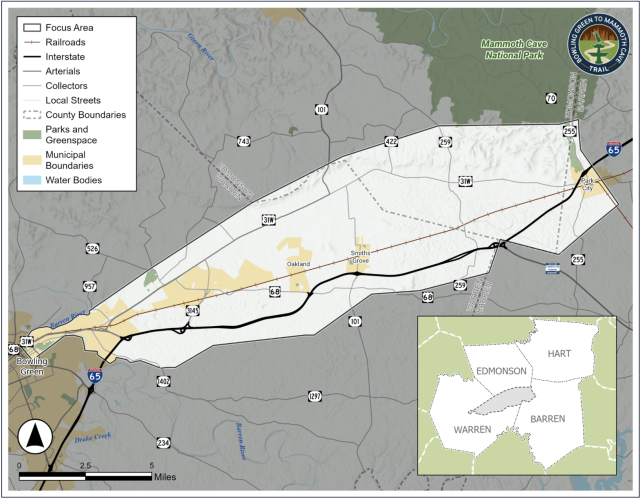Area coroners back bill on lights, sirens
Published 12:00 am Sunday, October 24, 2010
Area coroners expressed support for a bill prefiled in the General Assembly that would allow coroners to use red and blue emergency lights while responding to reported fatalities.
The legislation was drafted and prefiled for the 2011 General Assembly by Rep. Marie Rader, R-McKee, the sister of Jackson County Coroner Melvin Lakes.
Under the proposal, coroners could equip their private or public vehicles with red and blue emergency lights and a siren with the permission of their local government.
They could use the lights and sirens only when responding to the scene of an emergency involving a reported death.
Hart County Coroner Jeff Roten said he would have arrived at several recent death scenes on Interstate 65 more quickly, particularly the March collision that killed 11 people, if he had been able to navigate blocked traffic using lights and sirens.
“When you’re transporting bodies from the scene to remote locations, you need access (to the scene),” said Roten, noting that the majority of his runs involve responding to reported deaths on the interstate. “With blue lights on your vehicle, other vehicles have a tendency to get out of your way.”
Coroners in Kentucky are elected officials who are required, when responding to a scene involving a fatality, to determine the manner and cause of death.
The coroner also identifies the body, takes it into custody along with property on the body, notifies the next of kin and ensures that the body has not been moved from the original death scene.
Warren County Coroner Kevin Kirby said he and other coroners throughout the state received a letter from the state attorney general’s office last year advising against using blue emergency lights, due to a coroner using emergency lights in an unauthorized manner.
With the responsibilities a coroner has, however, Kirby said it is important for a coroner to arrive swiftly to prevent tampering at the scene.
“It is a situation where we need to get there rather quickly,” Kirby said. “The scene belongs to the coroner, nobody can do anything until we can get there. Where there would be a traffic accident or homicide, we need to get there quickly, and for the safety of our employees, lights do help warn people.”
Kirby said that if he pulls up on an accident where no other agency has yet responded, he will stop his vehicle, turn on an emergency light and direct traffic until law enforcement arrives. Otherwise, the only other occasion he would now use an emergency light is to escort a funeral service when police are unable to provide an escort, Kirby said.
Barren County Coroner Mike Swift said he supported the measure, but added that his situation is somewhat different from that of most coroners.
Swift and his deputies are also employed with Barren-Metcalfe Emergency Medical Service, so they respond to emergencies regardless of whether a death has been reported.
“Lots of times when we’re dispatched on emergency call, we respond and have no idea that there’s a fatality involved,” Swift said. “We’re responding in good faith to assist those injured when in fact there’s a fatality involved.”
With both I-65 and the Cumberland Parkway stretching through Barren County, though, a timely response by coroners to a death scene on those roads is paramount, Swift said.
“The more warning lights you have, typically the better,” Swift said. “It doesn’t guarantee safety, but it’s better than a few (lights).”






